
The idea of China
China’s ideas could become the country’s next big export. The Idea of China examines Chinese thinking about global order, AI, demographic change, and more – and considers how these ideas could influence the world

China’s ideas could become the country’s next big export. The Idea of China examines Chinese thinking about global order, AI, demographic change, and more – and considers how these ideas could influence the world
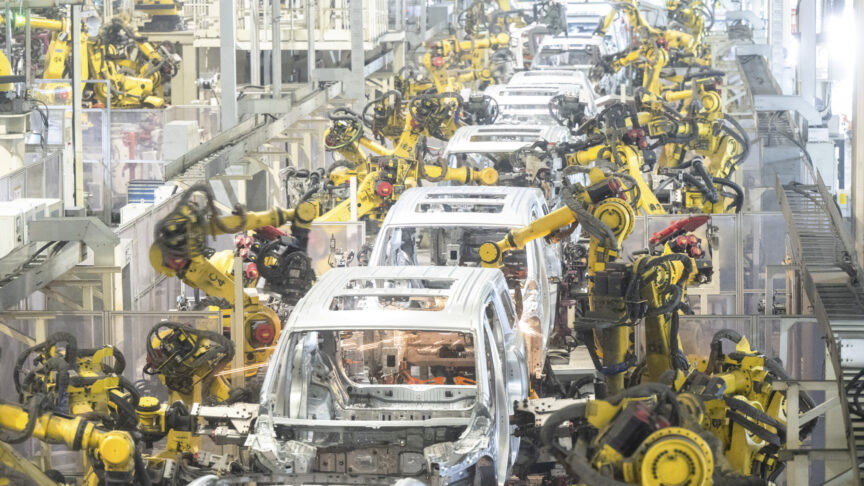
European policymakers need to answer the ‘trust question’ of how far they want Chinese companies involved in green industries such as solar energy, batteries, and electric vehicles

China is strengthening its ties to the Gulf in areas well beyond the energy sector. The EU clearly has stakes in the region, but it should not try to directly counter China’s influence. It should instead build its own Gulf partnerships
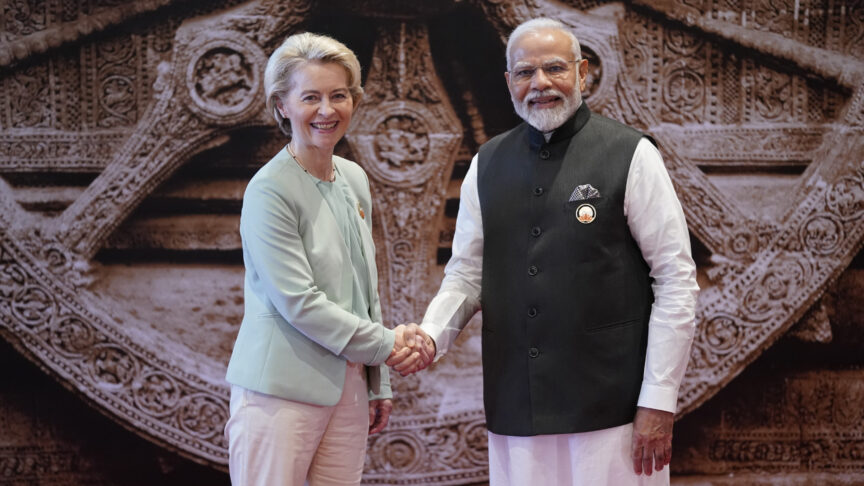
Middle powers are shaping a fragmented world for which Europe is ill prepared. To protect its interests and values, the EU needs a foreign policy strategy that emphasises its wide range of interdependencies
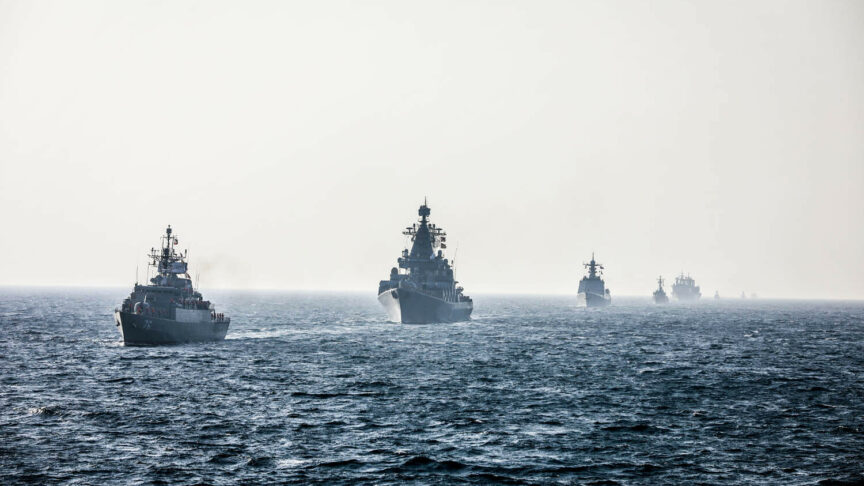
China is becoming increasingly assertive in the Indian Ocean. The EU and India should work together to support the smaller states of the region
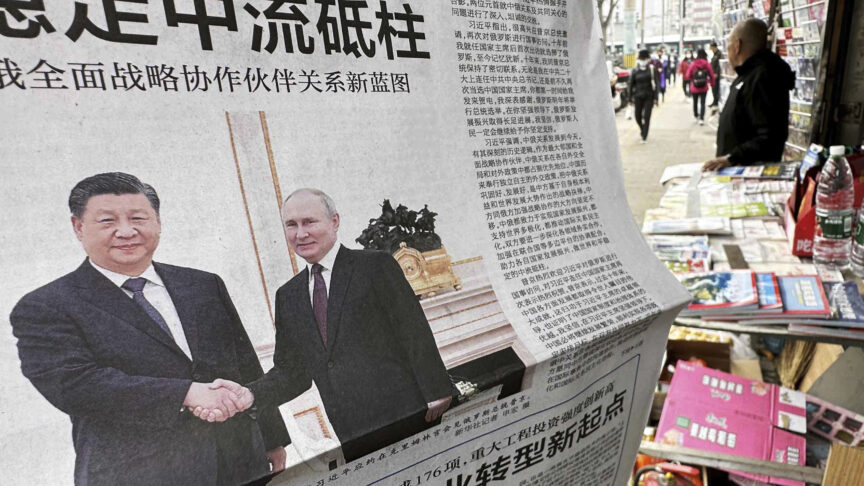
Chinese thinkers are drawing four key lessons from Russia’s war on Ukraine, informing their views on: America, Russia, Taiwan, and economic interdependence with the West
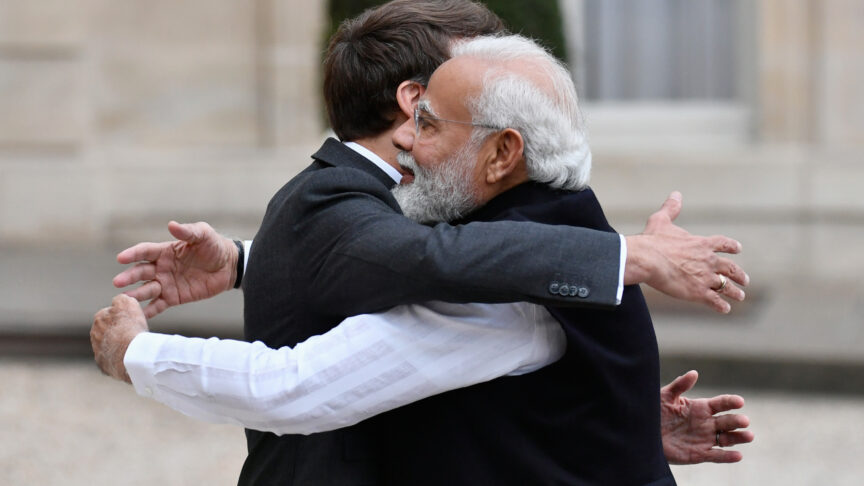
Europeans have found India’s position on the Ukraine war frustrating. But, although it is dependent on Russia for its arms, and has huge worries about China, India is actually moving inexorably closer to the West
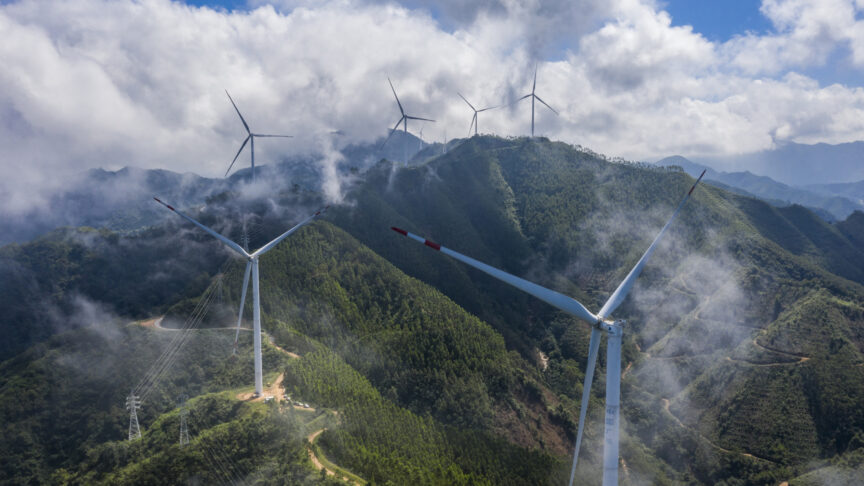
Europeans risk over-dependence on China for the green technologies needed to build the low-carbon economy of the future. They should take steps to reduce their exposure – while recognising they will have to work with Chinese suppliers in some instances
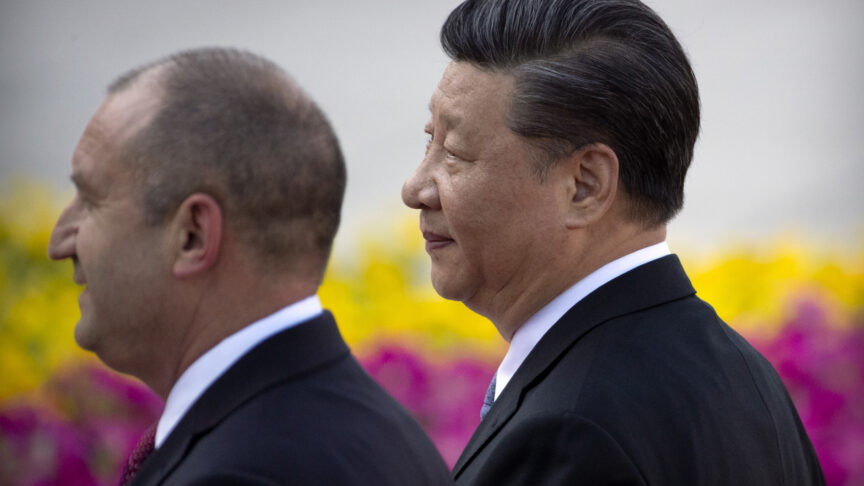
China is expanding its presence in Bulgaria through a strategy of engagement with state and non-state actors. This has concerning implications in areas such as technology transfer, critical infrastructure, and public procurement
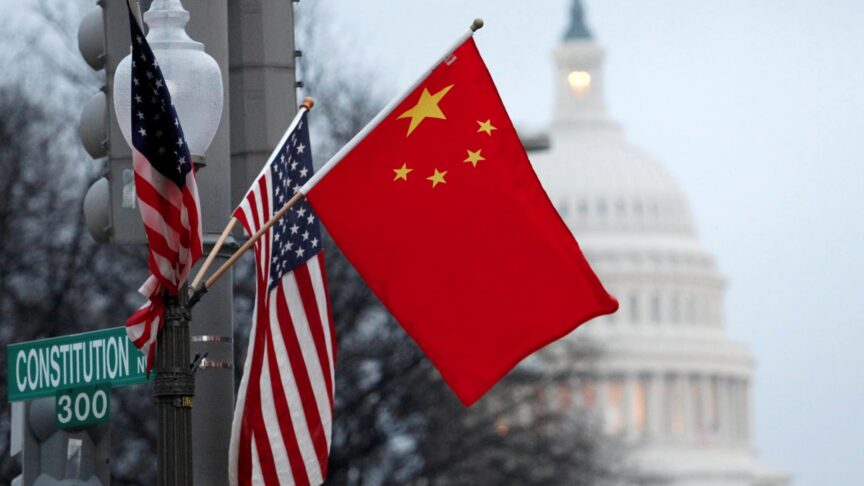
A majority of European citizens believe a new cold war with both China and Russia is under way – but they mostly do not think that their own country is involved